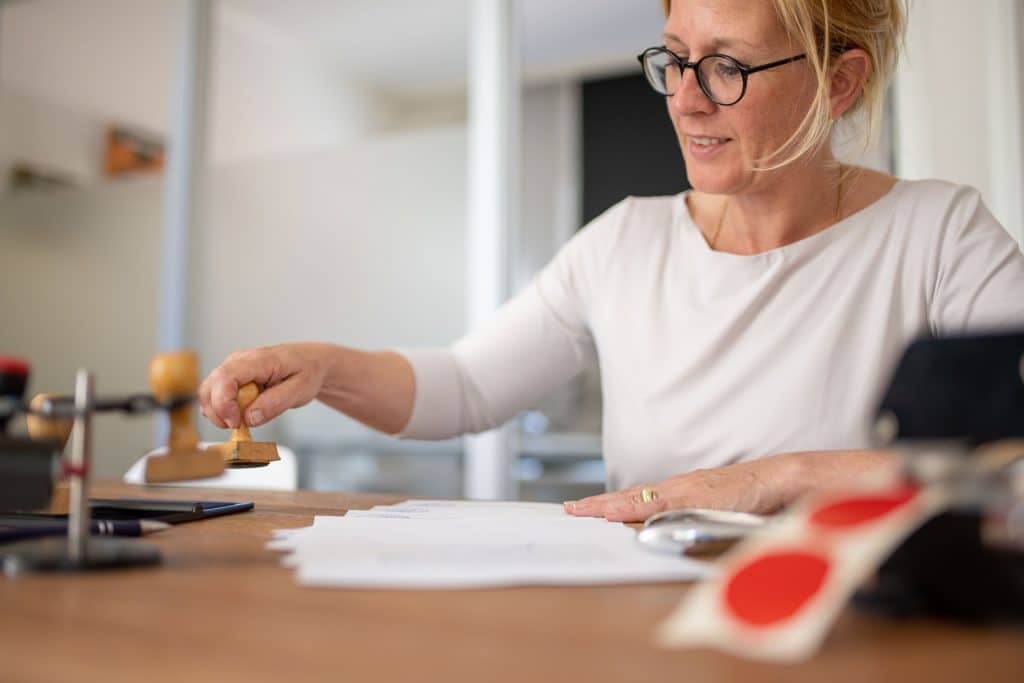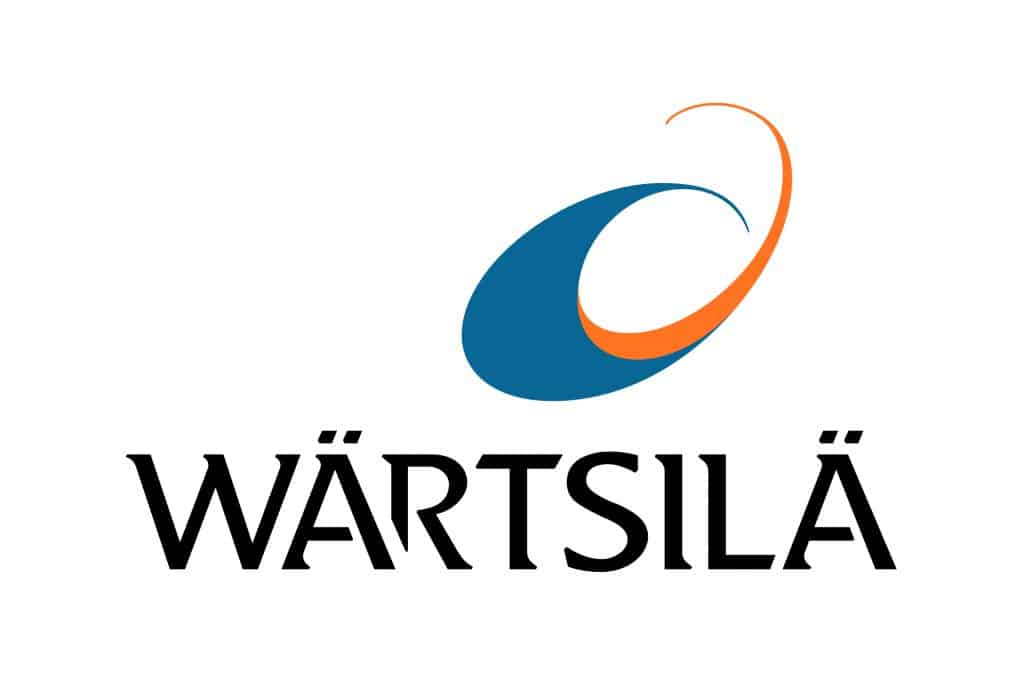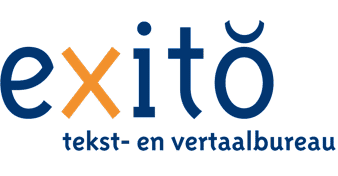Sworn translations
What is a sworn translation?
A sworn translation can only be carried out and authenticated by a sworn translator. A sworn translator has taken a professional oath which authorises them to make sworn translations in a certain language combination. Many people also refer to this as an official translation because you often need it for official or legal procedures abroad.
That might include the purchase agreement for a house abroad, setting up a career outside Dutch borders (or the other way around), applying for a European subsidy or the procedures in an international court case.
Are you entering into a partnership with a foreign partner? If so, it’s more than likely that your articles of association will have to be translated by a sworn translator!

In a sworn translation, the translation is attached to the original document or an authorised copy of it. The sworn translator declares that the translation is a faithful and correct representation of the source document and affixes their stamp and signature.
In general, the original text, the translation and the declaration are inseparably attached to each other with a ring or stamp. However, more and more often, a scanned version of this set by the Public Prosecutor’s office is regarded as sufficient.
What kinds of document have to be translated by a sworn translator?
Official documents, such as:
- Rulings, summonses and defence documents
- Contracts, government documentation
- Wills, notary deeds and powers of attorney
- Articles of association, extracts from the register of the Chamber of Commerce, licences
- Diplomas or witness statements.
The Dutch Law on sworn interpreters and translators
The Dutch Law on sworn interpreters and translators (Wbtv) has been in force since 1 January 2009. According to this law, sworn translations may only be carried out by translators who are registered with the Rbtv (Dutch Register of Sworn Interpreters and Translators).
Exito Vertaalbureau has a network of sworn translators in a number of language combinations. We provide your sworn translation fast and efficiently and help you with any legalisation or apostille you might need too!
Did you know that Exito Vertaalbureau can also help you with legalisation or the placing of an apostille?
What exactly is legalisation of a sworn translation?
In order to be able to use Dutch legal documents abroad, and foreign documents in the Netherlands, they must first be translated by a sworn translator. But that’s not all. There is one more step after this: legalisation of the translation.
That involves the court checking and ratifying a signature. For example, the signature of a sworn translator. This is done with a stamp or a special sticker. Legalisation proves that the document has been issued by an authorised body.
For a legalisation, you have to go through a number of organisations, from the court to the Ministry of Foreign Affairs and to an embassy or consulate of the country in which you wish to use the document.
The Apostille Convention was introduced to simplify this whole process.
What is an apostille?
Thanks to the Legalisation Treaty of The Hague, better known as the Apostille Convention, legalisation of judicial papers has become a lot easier. Many countries have signed this treaty. If you would like to know whether the country in which you want to use the documents is one of them, here is a list of countries that accept those apostilles.
The apostille replaces the circuitous legalisation procedure.
You can get an apostille or legalisation for a sworn translation from the Centrale Balie of the court. If that doesn’t work out, we can help you with this.
Did you know that courts can place an apostille in a language other than Dutch?
An apostille is not always necessary within the EU!
There has been an EU Regulation in force since 16 February 2019. It concerns the free traffic of citizens through ‘simplified submission of certain public documents in the European Union…’.In other words, in some cases an apostille or legalisation is no longer necessary in the European Union.
You can find out more about this on the government website www.nederlandwereldwijd.nl. NB: There are still many bodies in the European Union that do require an apostille.
Does a sworn translation always have to be legalised?
If you want to use your sworn translation abroad, it’s wise to have it legalised. If it concerns a foreign document intended for use in the Netherlands, the apostilles and legalisation will have been dealt with in that country.
A sworn translation of that document into Dutch will not require a legalisation stamp, on condition that the sworn translation is done by a sworn translator who is registered in the Register of Sworn Interpreters and Translators.
You would like to legalise your document yourself?
It’s possible to have the signatures of translators who are listed in the Dutch register of sworn interpreters and translators legalised at any Dutch court. It’s often possible to do this by post. But at some courts, you have to make an appointment. If you’d like to know how things work at the court near you, you will find an overview on the Rechtspraak website.
If that doesn’t work out for you, ask us. We’re happy to help with the application for legalisation or apostilles!
Why use Exito sworn translators?
- Experienced translators with knowledge of your professional field
- Personal attention – always – with short lines and flexibility
- We have a constructive approach, and your sworn translation will be done on time
- We have in-house knowledge about apostilles and legalisation
- Lawyers who are translators and vice versa.

We work for...



Interested in finding out more? If so, please get in touch with us!
Rush translations
Flexibility, efficiency and speed. Is the speed of your translation job deciding? If so, we'll keep up with you.
>>>Marketing translations
Do you address your client in their own language? Our marketing translators know what works, while preserving your brand identity.
>>>Legal translations
Many of our legal translators have completed not only a translation education but have also studied law!
>>>